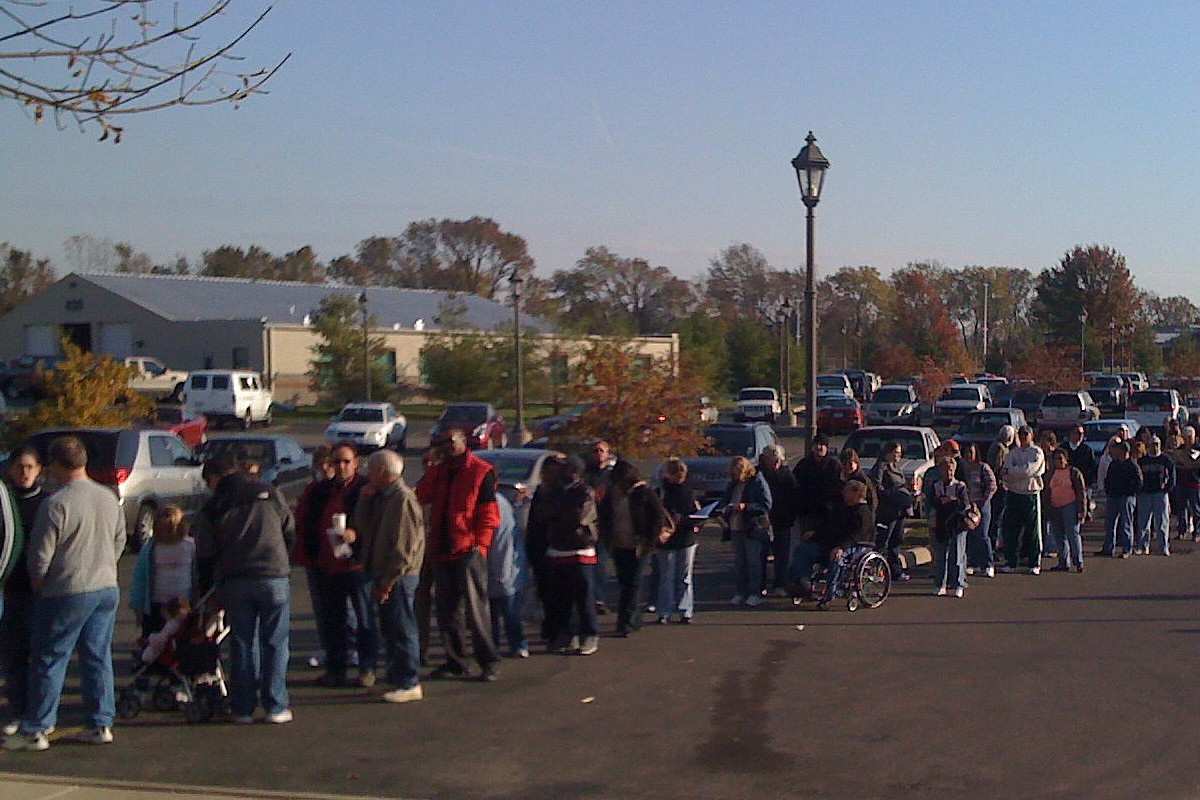
By Andy Brack, editor and publisher | Red states like South Carolina face increasing pressure to fiddle with election laws. They should resist.
 But expecting Republican leaders to dial back the rhetoric is hopeful at best, looney at worst. Why? Because of this: “These voter suppression efforts are based on a big lie that the election was stolen,” observed state Rep. Gilda Cobb-Hunter, D-Orangeburg. “Sadly, I have not heard one Republican elected official at the state or local level here, disavow the lie and admit that Joe Biden won the election fair and square.”
But expecting Republican leaders to dial back the rhetoric is hopeful at best, looney at worst. Why? Because of this: “These voter suppression efforts are based on a big lie that the election was stolen,” observed state Rep. Gilda Cobb-Hunter, D-Orangeburg. “Sadly, I have not heard one Republican elected official at the state or local level here, disavow the lie and admit that Joe Biden won the election fair and square.”
On Tuesday, Biden framed the election debate in a Philadelphia speech at the National Constitution Center as an unrelenting, modern Jim Crow attack on freedom:
“Hear me clearly: There’s an unfolding assault taking place in America today, an attempt to suppress and subvert the right to vote in fair and free elections, an assault on democracy, an assault on liberty, an assault on who we are as Americans,” Biden said.
This came during the same week that Texas House Democrats fled their state to avoid restrictive voting measures being passed. Without them there for a quorum to conduct legislative business, no votes can happen. They say they’ll stay out of the state until the session expires early next month.
In Philadelphia, Biden renewed a push for Congress to deal with attacks on the election process by passing federal legislation to protect voting.
According to the Brennan Center for Justice, legislators across the country filed 389 bills this year to restrict voting, such as measures to make it more difficult to register, cast ballots by mail and vote in-person. Most tend to be in red states. But there also have been some 880 bills filed, mostly in blue states, on everything from increasing early voting opportunities, making it easier to vote by mail and protecting access at polling places.
The Brennan Center includes 17 South Carolina bills in its tally but the nonpartisan League of Women Voters of South Carolina says there are actually 44 bills in the hopper dealing with elections and voting.
So far, no major restrictive legislation has passed in South Carolina. But there are forces at work to tamper with election laws here, just like in Texas.
First, state lawmakers are all but certain to finish with H. 3444, a bill that will change the S.C. Election Commission by allowing the legislature to have a say on who sits on the board. Currently, the state’s governor makes appointments with members from both parties, but the bill would split appointments between the governor and legislature, which critics say would lead to a more partisan commission. Both chambers have passed versions of the bill, which likely will find compromise soon.
Second, be on the lookout for the myth of dead people voting. No real case has turned up in South Carolina for years, but that isn’t keeping conservative activists from spewing nationally-generated talking points about a grand scheme to vote dead people.
About 10 years ago came allegations that more than 950 dead voters cast ballots in South Carolina. The result: a state law enforcement investigation found claims completely baseless. And it’s not hard to figure out why — such a conspiracy is virtually impossible to pull off — thanks to the very voter identification requirements that the GOP insisted upon.
 “The only two cases of dead voter fraud reported nationally in 2020 were immediate relatives of the deceased who had access to protected personal information,” said the LWVSC’s Lynn Teague in June 30 written testimony to a S.C. House committee. “One was a gentleman who voted in the name of his wife after he murdered her.”
“The only two cases of dead voter fraud reported nationally in 2020 were immediate relatives of the deceased who had access to protected personal information,” said the LWVSC’s Lynn Teague in June 30 written testimony to a S.C. House committee. “One was a gentleman who voted in the name of his wife after he murdered her.”
Don’t fall victim to the fear that’s being spread about our election system. Those trying to convince you that it’s broken are scurrying to hold onto power as America’s demographics change. Unfortunately, they’re also working to harm our democracy, not make it better.
- Have a comment? Send to: feedback@statehousereport.com.















 We Can Do Better, South Carolina!
We Can Do Better, South Carolina!